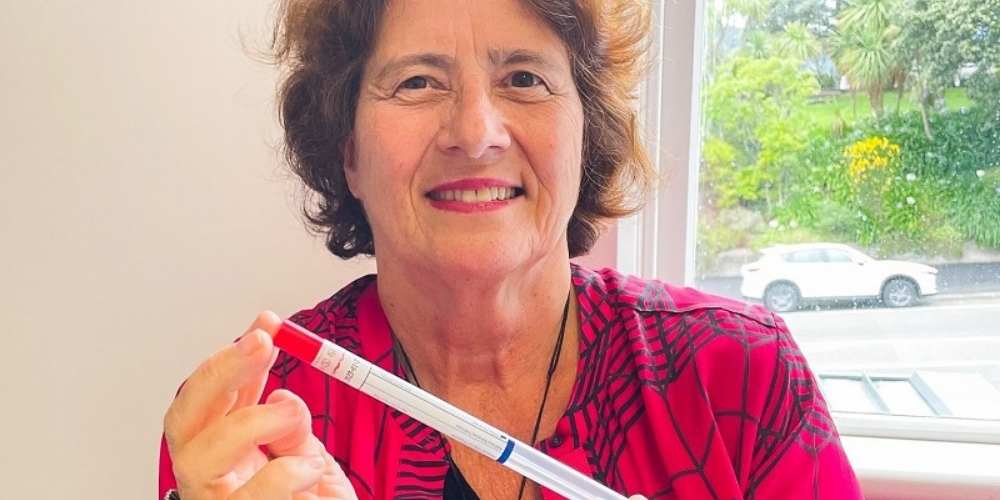Cervical self-screening
HPV self-test trial expands
A two-year research study of an innovative cervical self-screening test has been expanded to three additional Mahitahi Hauora practices.
The self-test enables women to screen themselves for Human Papillomavirus (HPV) at home or privately at their GP clinic. Mahitahi Hauora is working with Te Herenga Waka-Victoria University of Wellington’s Te Tātai Hauora o Hine – National Centre for Women’s Health Research Aotearoa to carry out a study of the challenges associated with implementing the self-test and its ability to improve uptake and experiences of cervical cancer screening in Northland, particularly for Māori and rural populations.
The study has been running at four Northland practices – Whānau Ora Community Clinic, James Street Doctors, The Doctors Tikipunga, and Hokianga Health – since February this year. From June, following staff training, it was also rolled out to Te Whareora o Tikipunga, Bream Bay Medical Centre, and Moerewa Medical Centre.
Since the trial started, over 240 women have participated.
For Joseph Mihaka, practice manager at Te Whareora o Tikipunga, being involved in the trial is a chance to bring down statistics that have previously been hard to shift.
“When I heard about this and how it’s a self-swabbing procedure I saw the benefits, particularly for Māori and Pacific people, because it’s less intrusive. It can be done in a home environment that feels safe for the patient, and I think that’s a win-win,” he says.
“We want to try doing something outside our normal model of practice and start a ‘suitcase clinic’ where two of our clinical staff go out into the community. As part of the implementation process, we want to identify people who would switch straight to a self-swab. We like the idea of it and breaking down the barriers for Māori and Pacifica.”
To take part in the study, women need to be enrolled at one of the medical centres offering the test, be aged between 25 and 69 years, and be due or overdue for a cervical screen.
